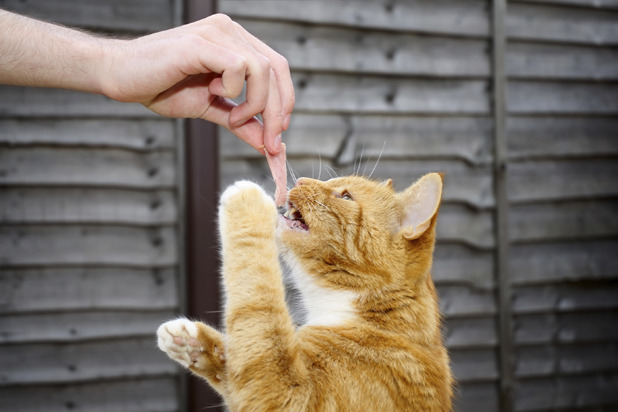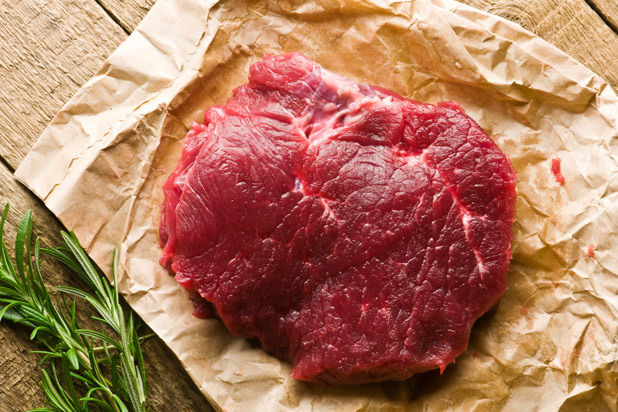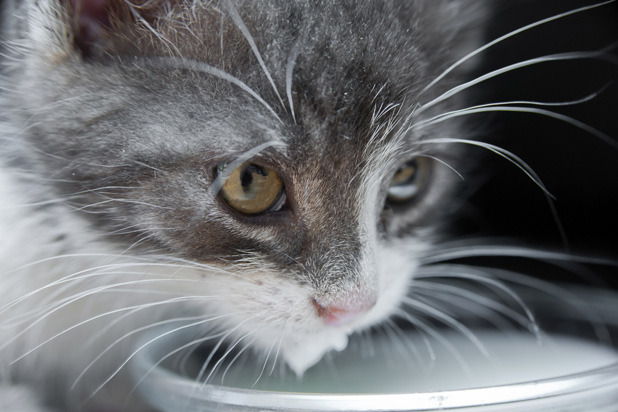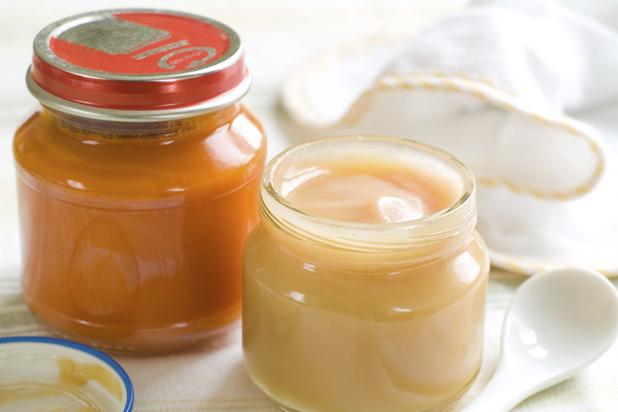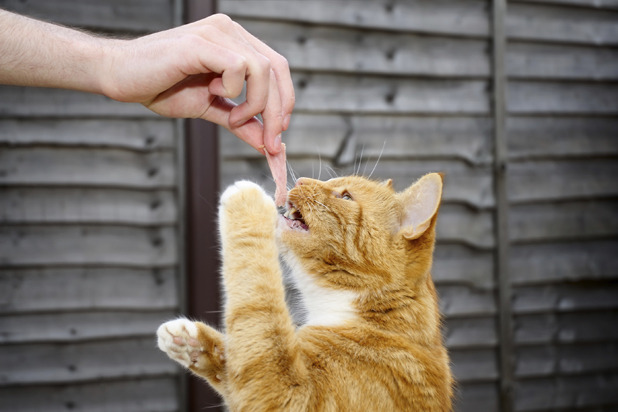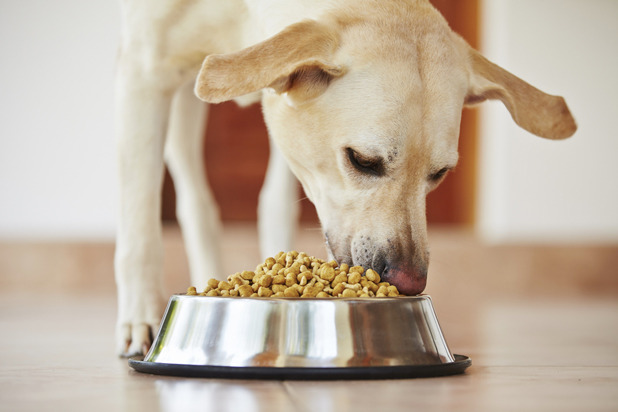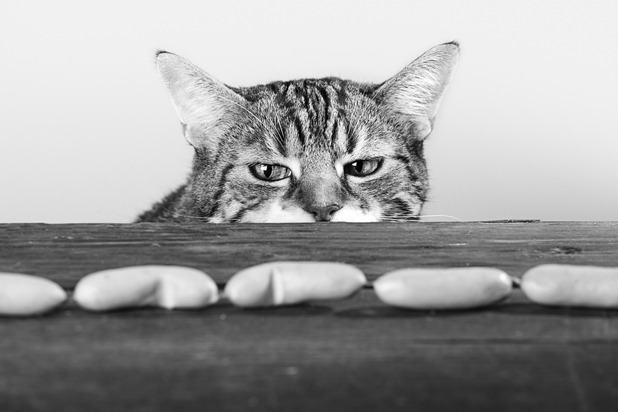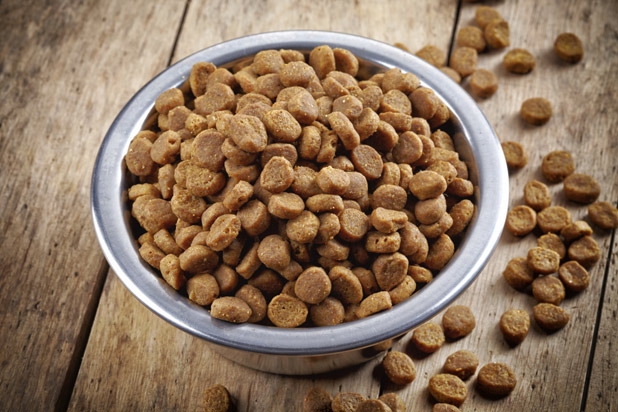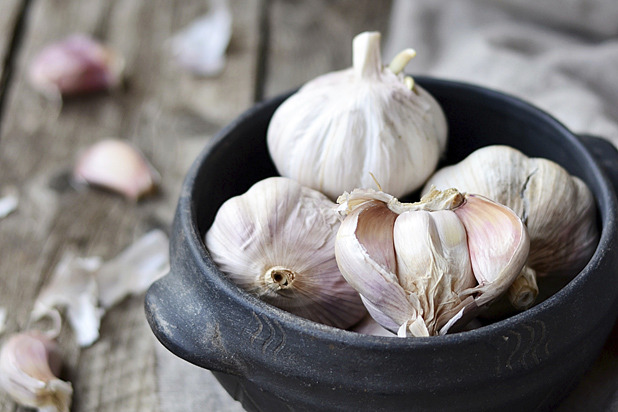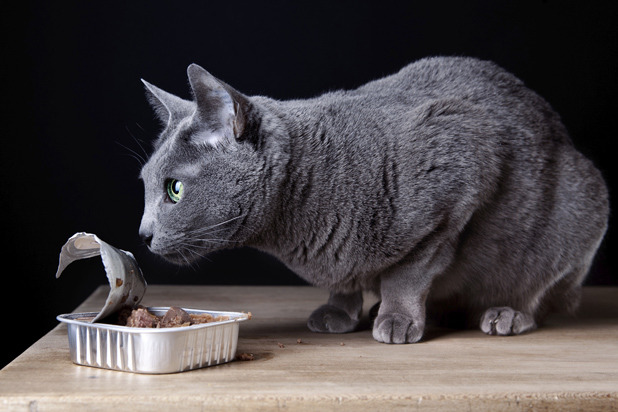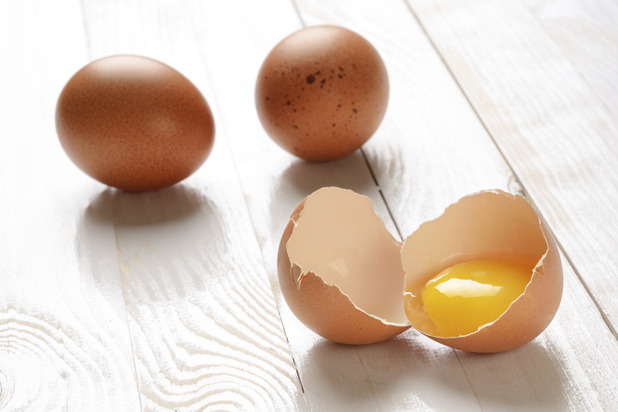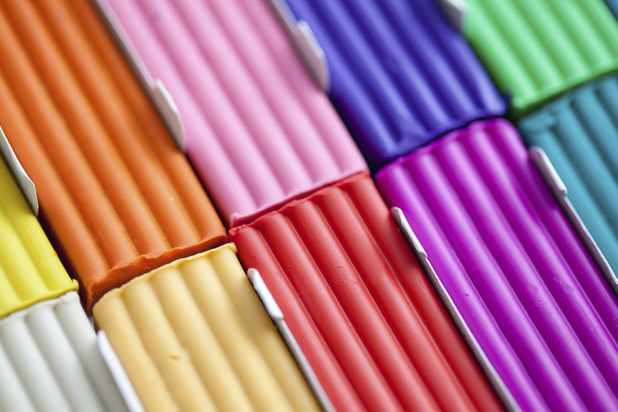11 Foods You Should Never Feed Your Cat
There are many surprising things around your kitchen that can make your cat ill, so we've compiled the following list of common mistakes people make when feeding cats to keep your feline friend happy and healthy for many years to come.
Raw Meat
Cats evolved in the wild eating raw meat, so how bad can it be, right? Actually, it's not that simple. Cats are subject to the same foodborne toxins (like E. coli) as humans, so letting them nibble on a bit of ground chuck from your local supermarket is just as dangerous as if you did it yourself. Raw meat from the grocery store is not the same as fresh meat.
Milk
Nothing is more commonly associated with fuzzy housecats than a dish of warm milk, but believe it or not, most adult cats are lactose intolerant. Cow's milk contains more lactose than most other milk and is likely to cause an upset stomach in cats. Lactaid, lactose-free milk, however is ok for a treat your kitty will love.
Onion
Okay, so you're probably not likely to catch your kitty nibbling on raw onion, but sometimes sick cats are given baby food, which often contains onion powder. Onions damage a cat's red blood cells, and in large enough quantities, can cause severe anemia.
Fat Trimmings
It's tempting to treat your cat to a little bit of the fatty bits left over from your steak, but eating too much animal fat can lead to painful pancreatitis in cats.
Dog Food
It can be tempting to just feed all the household pets the same food, but dog food is actually really bad for cats. Carnivorous cats need lots of vitamin A and protein, much more than dogs, so even if your kitty absolutely loves Kibbles 'n Bits, dog food is not enough to keep it healthy.
A Vegan Diet
Cats need meat! Cats are carnivores, meaning that they must eat meat and animal organs to thrive. They can't produce an amino acid called taurine but need it to function. Taurine is only found in animal tissue, and without it cats can experience blindness, heart problems, and even death.
Too Much Dry Cat Food
Dry cat food is definitely cheaper than the wet stuff, but feeding you cat exclusively dry food could lead to urinary tract infections. Cats are built to take in water with their food, and dry food is usually less than 10 percent water. A cat's typical prey, mice, are 70 percent water, and wet food is normally about 78 percent water. Probably not a good idea to keep live mice in the house, but a little wet food a few times a week should help.
Garlic
You may have heard that adding a little garlic to your cat's food will prevent fleas and tapeworm, but that's simply not true. In addition to being useless against parasites, garlic can cause vomiting and diarrhea in cats.
Too Much Fish
Cats love canned tuna, so it's tempting to feed them nothing but that as a cheaper alternative to pricey wet foods. However, too much tuna can lead to vitamin A toxicosis in cats, which causes joint pain, brittle bones, and dry skin.
Raw Eggs
In the wild, cats eat bird eggs right from the nest, but in your kitchen, it gets a little bit more complicated. While crushed egg shell sprinkled over a cat's food can add a lot of needed protein, the raw egg itself can cause salmonella poisoning and a protein found in the raw egg white can interfere with your cat's cell growth and metabolism. Most vets agree that if your cat's going to eat eggs, they should be cooked and given as an occasional treat.
Salt
Salt can actually be poisonous to cats. While a little table salt is not going to kill your pet, vets often see salt poisoning in housecats who have eaten Play-Doh or paintballs (both full of salt). Excess salt can cause seizures and brain swelling, so if you think Mr. Whiskers has eaten anything too salty, it's best to take him to the vet right away.
